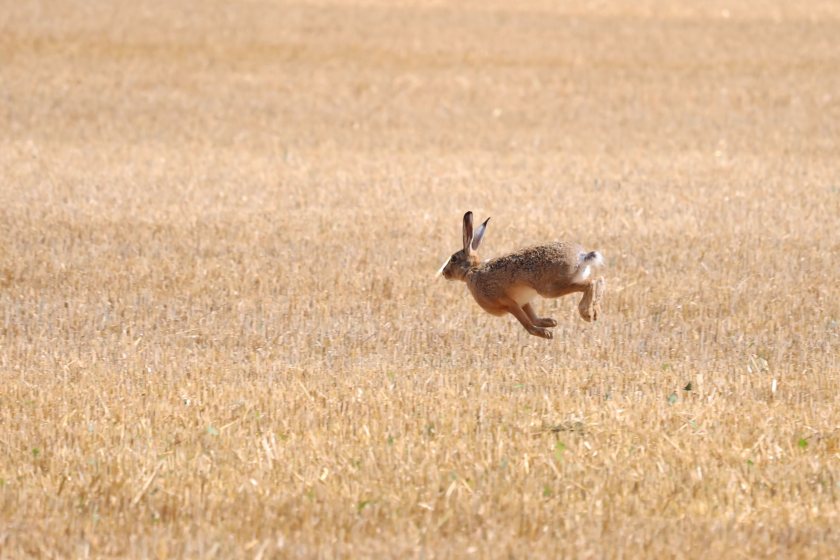Landmark hare coursing case sees men banned from farmland

Two men have been barred from entering private and agricultural land across England and Wales for the next three years following a landmark investigation into hare coursing.
Levi Lee, 36, of Basingstoke Road, Reading, and Francie Doherty, 47, of Gipsy Lane, Wellingborough, admitted attending a hare coursing event in January.
Both were fined £500 at Peterborough Magistrates’ Court on 1 October and handed three-year Criminal Behaviour Orders (CBOs) – restrictions believed to be the first of their kind in the country.
The orders mean they cannot enter any private or farmland without written permission from the landowner, which must be produced to police on request.
In addition, Lee has been banned from driving any vehicle with a sighthound outside a five-mile radius of his home, unless travelling to a pre-arranged veterinary appointment, with proof required.
Hare coursing has long been a scourge of the countryside, linked to intimidation, criminal damage and disruption for rural communities.
Although banned under the Hunting Act 2004, the practice persists, with offenders travelling long distances and often leaving farmers to deal with broken gates, trampled crops and threatening behaviour.
The activity peaks in winter months when fields are bare and hares are easier to spot, and is frequently connected to wider rural crime such as theft and fly-tipping.
Hare coursing is also on the rise across England and Wales, with 1,793 incidents reported in 2024, according to data obtained through a Freedom of Information investigation. Lincolnshire emerged as the worst-affected county, recording 479 reports – the highest number logged by any police force.
The latest convictions stem from a major police operation on 25 January that targeted hare coursing and linked criminality across Cambridgeshire.
Communities in Fordham, Ely, Prickwillow, Littleport, Welney, Chatteris, March, Wimblington and Doddington were among those affected.
Supported by multiple forces and national crime units, the crackdown led to 43 arrests and 25 people charged with 39 offences in total.
Detective Inspector Matthew Selves, who led the investigation, said: “This is a significant milestone in our efforts to tackle hare coursing and rural crime.
"These CBOs are believed to be the first of their kind in the country, setting a strong precedent for how seriously this type of offending is being taken.
"We hope this sends a clear message to others who think they can disrupt our rural communities without consequence.”
Police confirmed that 20 more men are due in court in the coming months for sentencing and trials linked to the same investigation.
Breaching a Criminal Behaviour Order is a criminal offence and carries a penalty of up to five years in prison or an unlimited fine.








